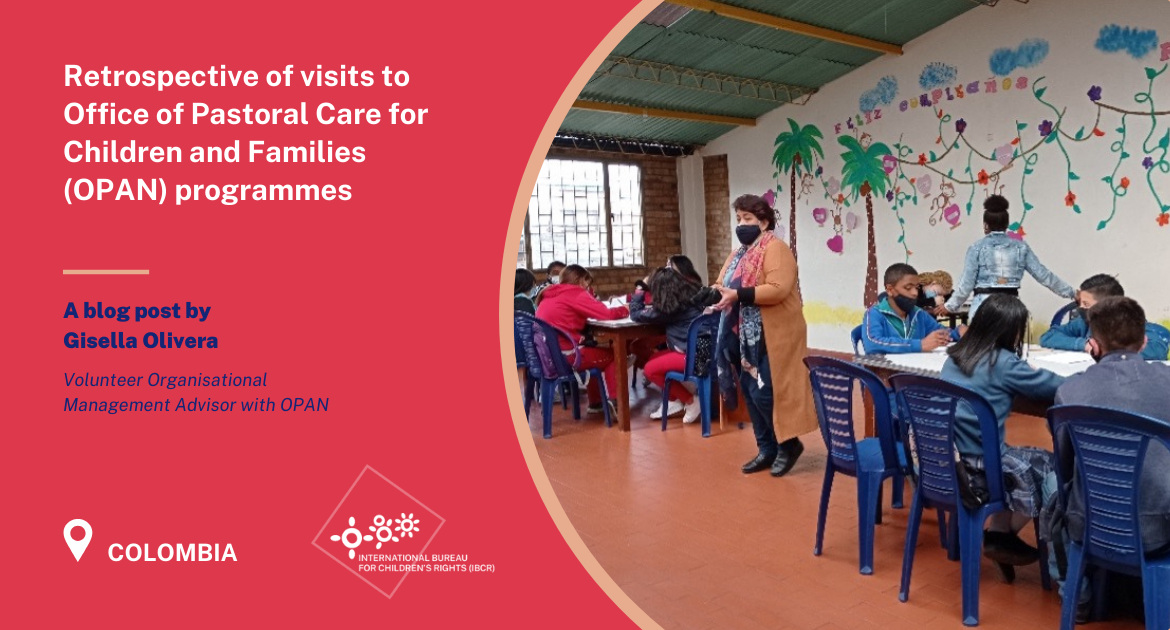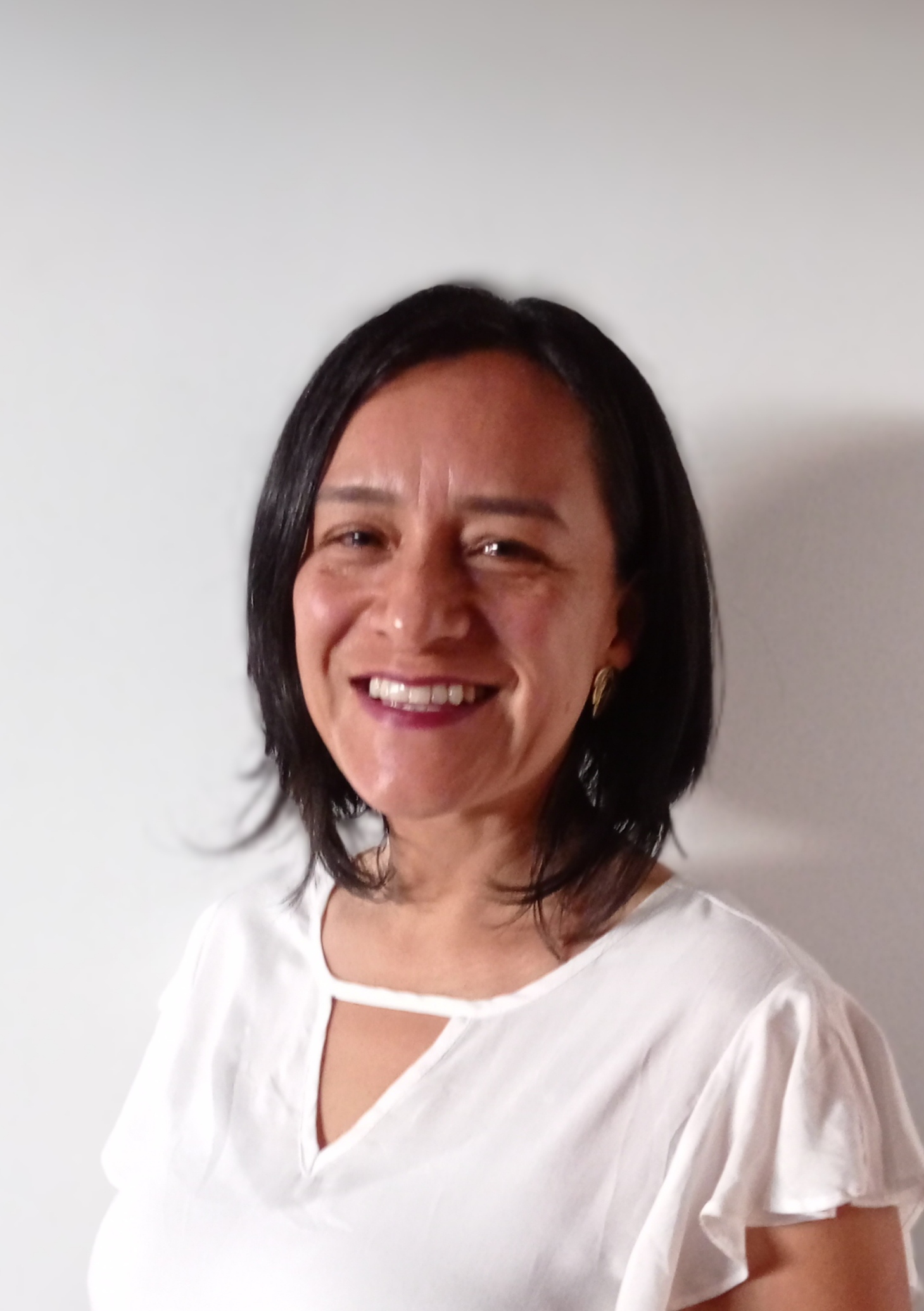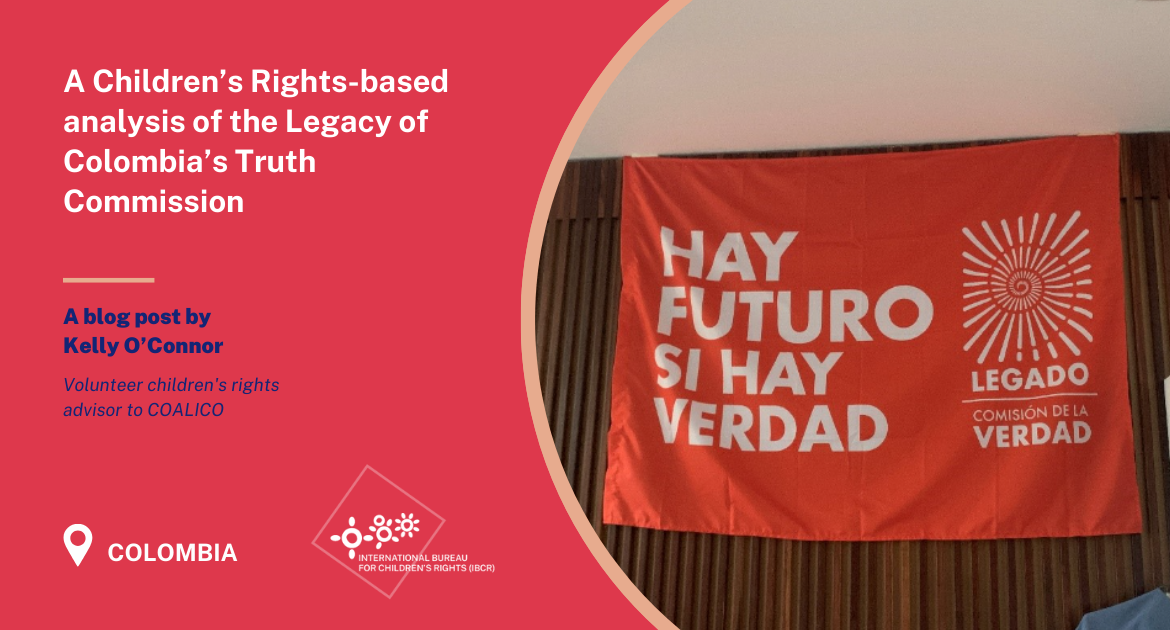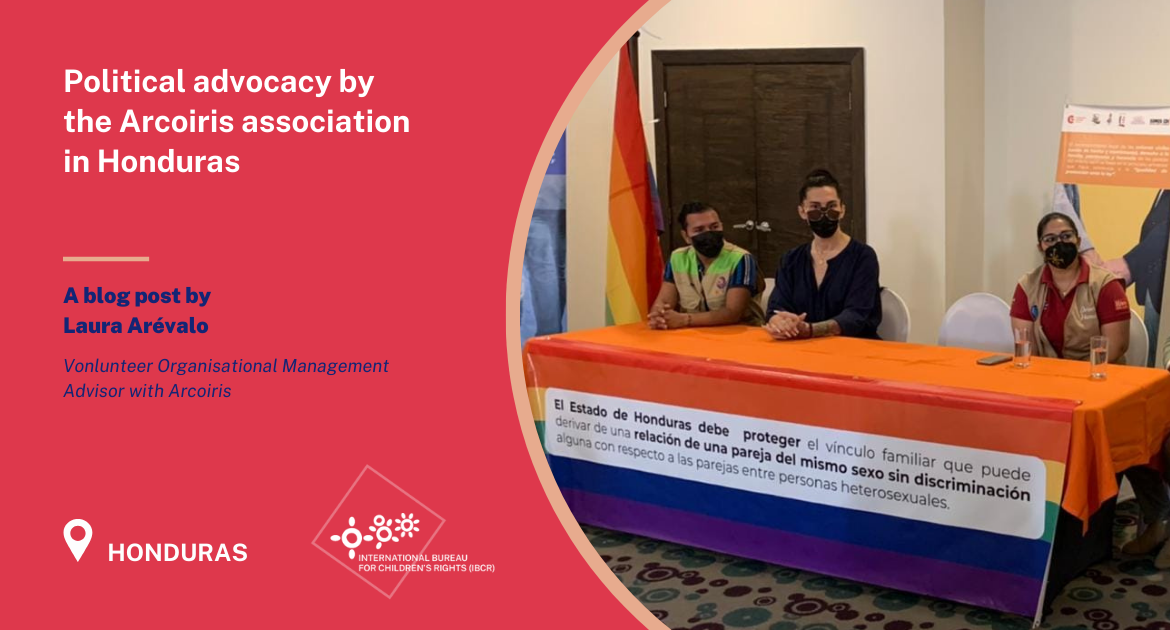*Free translation that may contain errors. Read the blog post in its original language (Spanish)
Bogotá, the capital of Colombia, has 20 administrative localities. The Office for Pastoral Care, Children and the Family (OPAN) is present in 10 of them, as well as in 3 neighbouring municipalities (Soacha, Tenjo and Sasaima).
The visit to the OPAN sites involves a trip to the outskirts of Bogotá, where there are several informal settlements, set up in response to the arrival of thousands of people displaced by the contexts of violence in different parts of the country. These displaced people move to areas considered popular because of their precarious socio-economic levels - in some cases, these people are stigmatised in society. This context allows us to observe how the "Amigonian Principles" are lived in different places, analysed with the framework of children's rights and the differential approach - which allows us to have the global vision of Fray Luis Amigó y Ferrer, the founder of the Capucine Tertiary Community.
Every day, each member of the interdisciplinary teams mobilises, sometimes crossing the entire city, to help restore the rights of children, adolescents and young people at risk, who are more vulnerable or in conflict with the law. They know their situation well and care for these children sometimes beyond their emotional and physical strength.
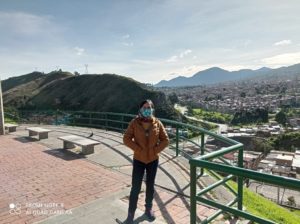
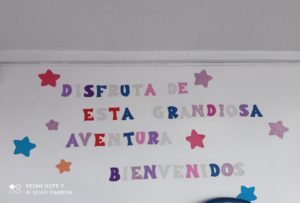
Everything makes sense
To really experience the dynamics of each NAFO programme, we had to leave our preconceptions behind and let things take care of themselves. I admit that at first I did not understand the emphasis on the normative framework, nor the emphasis on observing each behaviour or defining each step in the daily programming. However, if we know some of the characteristics of the children before they arrive (homelessness, family neglect, abandonment, social pressure among peers that favours problematic use of psychoactive substances or criminal acts), it all makes sense: these children need presence, authority, emotional support, a framework that allows them to understand that they are being guided. Some live by their own standards, with their own notions of what they should be, even without being ready to straighten up... It all makes sense.

Everything is planned
Basically, this work helps to stimulate children's intellect, to organise and create connections and interactions that are essential to generate routines, habits, time management. These are activities for a particular time and intention. In daily life, not a second is wasted during this work: everything is pre-organised and harmonised (food, school accompaniment, opportunities to play with other peers, attention to emotional management, personal and group needs). Everything is planned to ensure that the children feel recognised, welcomed and loved for who they are. These are the possibilities offered by OPAN.
Gisella Olivera
The entire population is welcomed and accompanied, and is cared for with conviction and heart. "One child re-educated is a generation saved": I remain with this message of comfort and hope as this rather heroic gamble continues.
Interested by international volunteering?
Find out more about our open mandates
KEEP ME INFORMED OF UPCOMING VOLUNTEERING OPPORTUNITIES
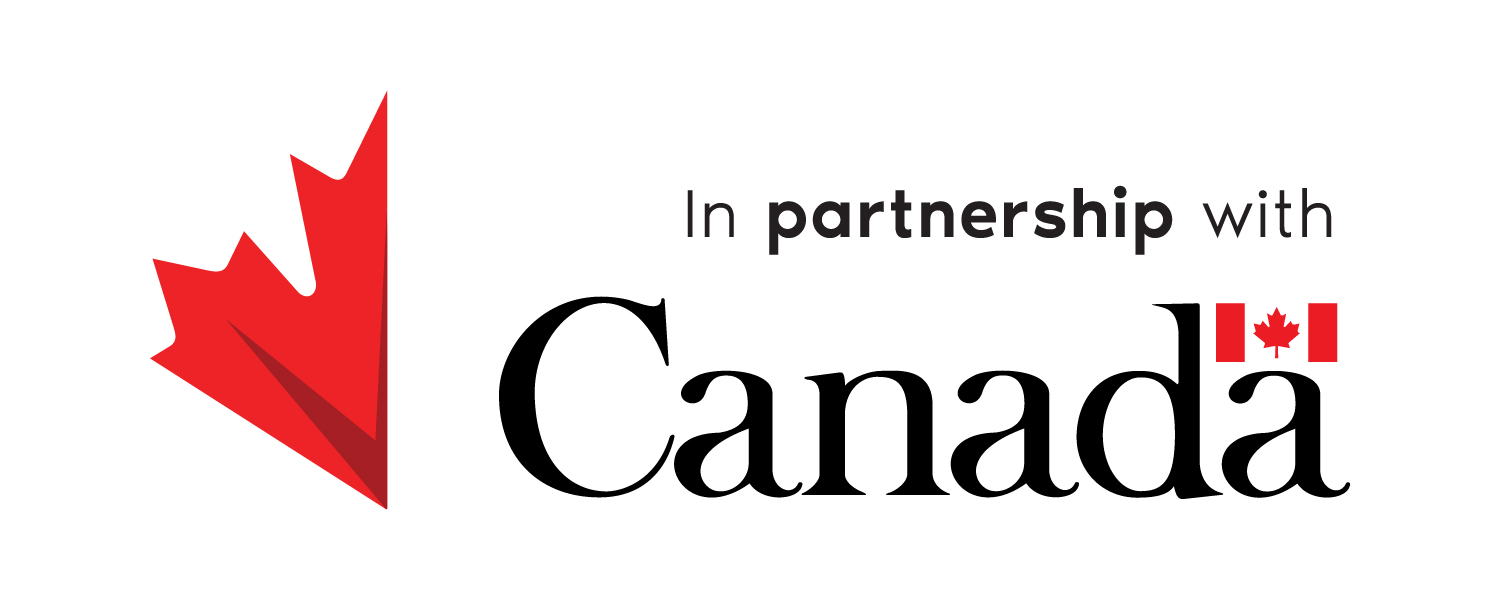
Volunteer cooperation program funded by Global Affairs Canada.






